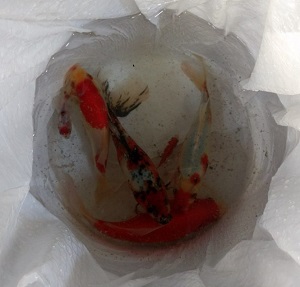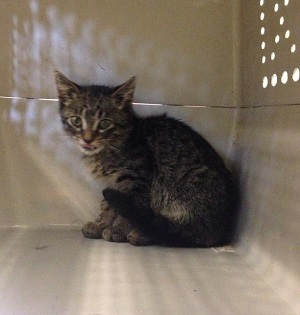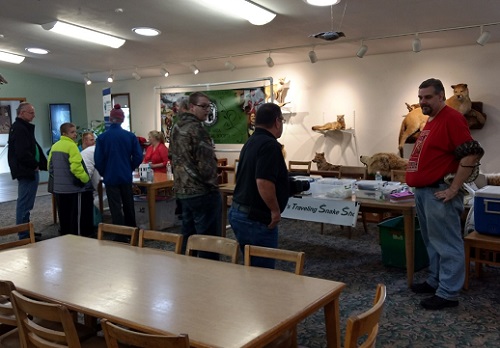When animals that are kept as pets show up in nature, it is usually difficult to know whether the animal escaped or was released on purpose. Naturally, pet owners should care about their pets and take every precaution necessary to ensure that their pet doesn’t escape into the wild, but some people believe that when their pets get too big, too expensive, or too hard to manage that it is acceptable to release them into the wild. It is never ok, for any reason, to release a pet into the wild.
Pets Can’t Survive in the Wild
One big reason not to release a pet is that it is likely it won't survive. You aren’t doing it any favors by letting it go. If it is lucky, it will meet a fast end and be eaten by a predator or hit by a car. Animals that are used to being provided with food and shelter can find it hard to forage for these things on their own and die a slow, painful death of starvation, dehydration or exposure. In northern climes, most exotic animals cannot overwinter in such low temperatures and the majority of animals that are found in pet shops would just freeze to death.

Photo by John Moyles
Some Pets Become Invasive
The flip side of that coin is invasive species. When an animal is introduced with no natural predators and no natural diseases, they can become established to the point where they disrupt the ecosystem, these are called invasive species. Some examples of invasive animals here in Wisconsin are red swamp crayfish, feral hogs, monk parakeets, giant African land snails, and plants such as water lettuce and water hyacinth. All of these introduced organisms are found to be so disruptive of the ecosystem that they have been banned in the state.
Some Released Pets Can Become a Neighborhood Menace
Feral cats are a huge problem in suburban areas. Feral cats are known vectors of several diseases that can be transmitted to pets as well as humans and wildlife. These include feline leukemia, feline immunodeficiency virus, rabies, and toxoplasmosis. They are also responsible for killing an estimated 1.4 to 3.7 billion birds, between 258 to 822 million reptiles, 95 to 299 million amphibians, and between 6.9 to 20.7 billion small mammals each year in neighborhoods around the United States alone.

Photo by John Moyles
What Can We Do?
Having an outlet for unwanted pets is an important part of being a responsible pet owner. I remember seeing a post on a social media where a person found a fish in an aquarium that they thought was empty and, having thought of no other option, released the fish into the wild. I remember thinking, “Why didn’t they find someone to take it?” There is no “pound” for unwanted fish, no “Humane Society” where you can drop them off. That is why we, at the Green Bay Aquarium Society, started a surrender network for unwanted aquatic animals, plants, and corals. We have since joined a larger network, the Habitattitude Surrender Network, which can help you find a place to surrender your unwanted pet of any variety. We even hold two events a year where you can surrender pets, “No Questions Asked”. These events gather northeast Wisconsin’s finest rescue organizations under one roof. There will be plenty of “animal ambassadors” to meet, so it is a fun event to attend even if you do not have any pets to surrender.
The Spring Exotic Pet Surrender Event is March 7th from 12:00pm to 3:00pm at Double Tree by HiltonAppleton.

Photo by John Moyles
For more information, please visit the Green Bay Aquarium Society website at www.gbasonline.org.
John Moyles, winner of Pet Age Magazine's Top 40 under 40 Award for his work in preventing pet releases, is president of the Green Bay Aquarium Society, a Naturalist at 1000 Islands Environmental Center, and a Library Assistant at Kaukauna Public Library. When he isn't working, he enjoys spending time with his family and his pets, which include turtles, frogs, two cats, and over 20 aquariums.


